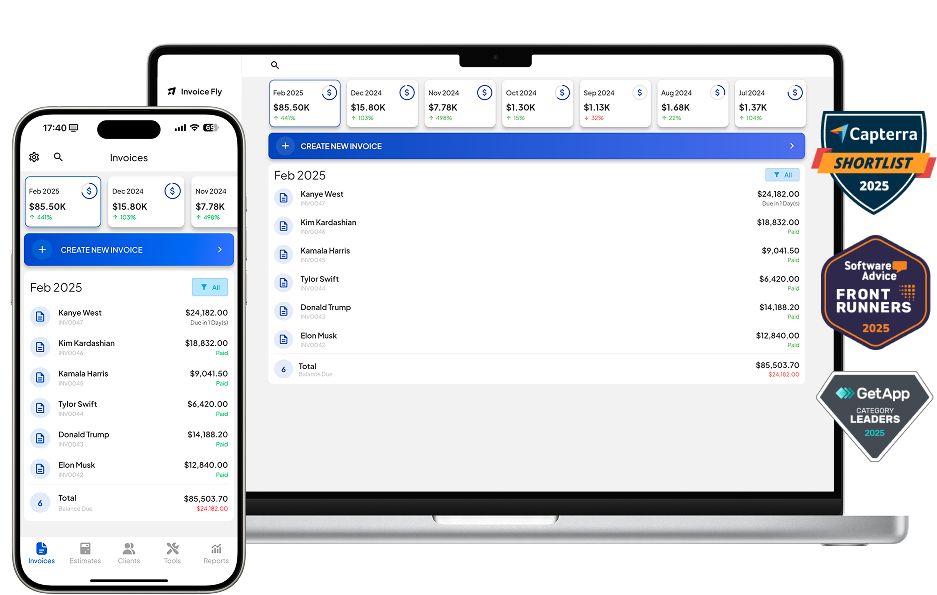- Home
- »
- Glossary Of Terms
- »
- Employee Handbook
Employee Handbook vs HR Policy vs Code of Conduct (Quick Comparison)
These documents work together but serve different purposes. Use this guide to pick the right one for your situation.
Employee Handbook
- What it is: A plain-English guide for employees that compiles key company policies, benefits, and workplace expectations.
- Audience: All employees (new hires to executives).
- Scope: High-level overview: culture, employment basics, benefits, PTO, conduct, safety, IT use, complaints, separation.
- Owner: HR (with Legal review and exec approval).
- Update cadence: Periodic (e.g., annually) or when laws/policies change.
- Where it lives: Onboarding packet + employee portal; employees acknowledge receipt.
- Use when: Setting consistent expectations across the workplace.
HR Policy
- What it is: A formal, detailed rule or procedure on a specific topic (e.g., leave, overtime, remote work, harassment, data security).
- Audience: Managers and employees who need exact rules/steps.
- Scope: Narrow and prescriptive: definitions, eligibility, approvals, workflows, forms, consequences.
- Owner: HR process owners (with Legal/Compliance).
- Update cadence: As needed—whenever laws or operations change.
- Where it lives: Policy library or HRIS; linked from the handbook.
- Use when: You need the authoritative “how to” and compliance details.
Code of Conduct
- What it is: Company’s ethical and behavioral standards (integrity, anti-harassment, anti-bribery, conflicts of interest, confidentiality).
- Audience: Everyone representing the company (employees, sometimes contractors/partners).
- Scope: Principles + required behaviors; often includes reporting channels and non-retaliation.
- Owner: Legal/Compliance (with HR input).
- Update cadence: As risk or regulations evolve.
- Where it lives: Public site or policy hub; employees certify understanding annually.
- Use when: Reinforcing ethics and legal obligations company-wide.
Which do I need?
- Onboarding & culture → Employee Handbook (links to policies).
- Operational rules/process → HR Policy (the detailed source of truth).
- Ethics & legal standards → Code of Conduct (principles + reporting).
Example linkage
- The Handbook says: “We offer paid parental leave” → links to the Parental Leave Policy for eligibility and steps.
- The Handbook states zero tolerance for harassment → links to the Anti-Harassment Policy and the Code of Conduct for reporting and consequences.

FAQs Discounted Cash Flow
An employee handbook typically includes company policies, employee benefits, workplace conduct rules, compensation details, and legal compliance guidelines.
Start with a template and include essential sections: company mission, employment policies, employee benefits, code of conduct, and termination policies.
In the U.S., no federal law requires a handbook, but it’s highly recommended for compliance and legal protection. Some states may mandate certain written policies.
You can create one using a staff handbook template, hire an HR consultant, or use online HR software tools.
Avoid overly rigid promises (like guaranteed job security) or language that could be legally binding beyond intent.
HR policies are individual rules; an employee handbook compiles them into a comprehensive guide for staff.
It documents expectations and policies, serving as legal evidence in case of disputes or compliance audits.
It is also called a staff handbook, company handbook, employee manual, or code of conduct.
A handbook includes the code of conduct, but also covers broader policies and benefits.
It ensures consistency, protects employers legally, and enhances employee understanding of workplace rules.

Other Free Resources

Try Invoice Fly Today
- Send quotes & invoices in seconds
- Collect card & online payments
- Receive instant notifications
- Win more jobs

